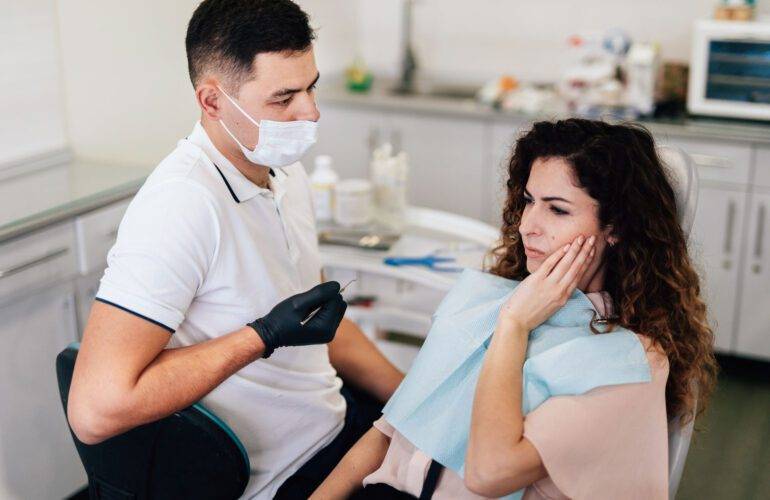Wisdom Teeth Removal
Others Oral Surgery Services
Wisdom Teeth Removal: Addressing Impaction and Preventing Complications
Wisdom teeth, also known as third molars, are the last set of teeth to emerge, typically in the late teens or early twenties. Wisdom teeth removal is a common procedure to address impaction, crowding, and other potential issues associated with these teeth.
Why Are Wisdom Teeth Removed?
- Impaction: Wisdom teeth are often impacted, meaning they cannot fully emerge through the gums due to lack of space or improper alignment.
- Pain and Infection: Impacted wisdom teeth can cause pain, swelling, and infection in the surrounding gum tissue.
- Damage to Adjacent Teeth: Emerging wisdom teeth can push against neighboring teeth, causing damage or misalignment.
- Cysts and Tumors: Impacted wisdom teeth can lead to the formation of cysts or tumors in the jawbone, potentially damaging the jaw and surrounding nerves.
The Procedure for Wisdom Teeth Removal:
- Consultation and Imaging: Your dentist or oral surgeon will evaluate your wisdom teeth using X-rays or other imaging techniques to determine the best approach for removal.
- Anesthesia: Depending on the complexity of the extraction and your comfort level, local anesthesia, sedation, or general anesthesia may be used.
- Extraction: The gum tissue around the wisdom tooth is opened, and any bone covering the tooth is removed. The tooth may be divided into sections for easier removal. The site is then cleaned, and any remaining debris is removed.
- Closure: The gum tissue is sutured closed to promote healing. Gauze may be placed over the extraction site to control bleeding and aid in clot formation.
Recovery After Wisdom Teeth Removal:
- Bleeding: Some bleeding is normal for the first 24 hours. Bite on gauze pads and change them as directed by your dentist or oral surgeon.
- Pain Management: Pain can be managed with prescribed or over-the-counter pain relievers.
- Swelling: Apply ice packs to the outside of your face to reduce swelling and bruising.
- Oral Hygiene: Gently rinse your mouth with warm salt water after the first 24 hours to keep the area clean. Avoid vigorous rinsing or spitting.
- Diet: Stick to soft, easy-to-chew foods and gradually reintroduce solid foods as the extraction sites heal.
- Activity: Rest and avoid strenuous activities for a few days to promote healing.

